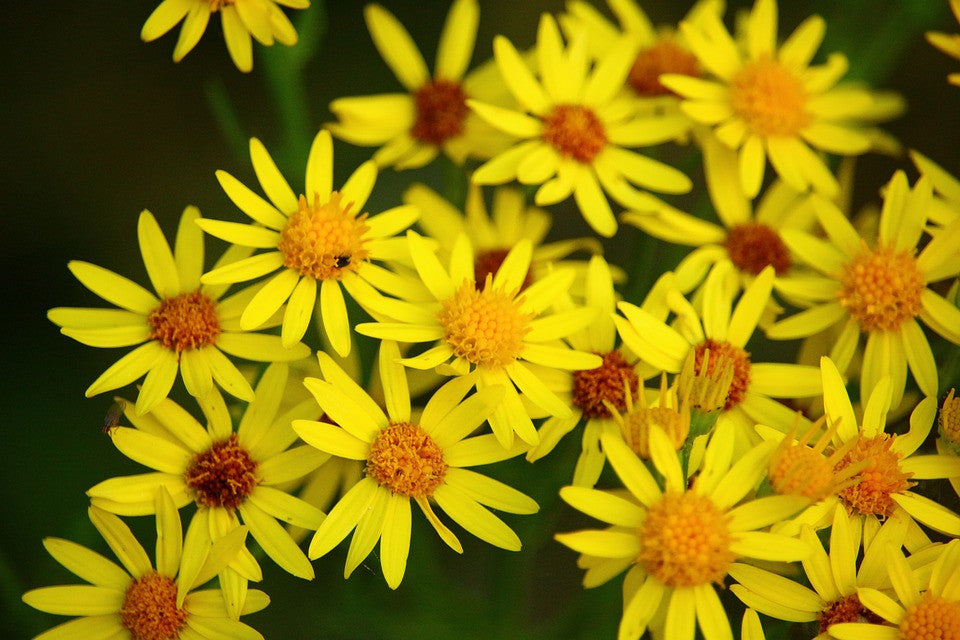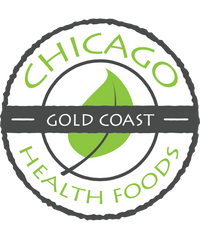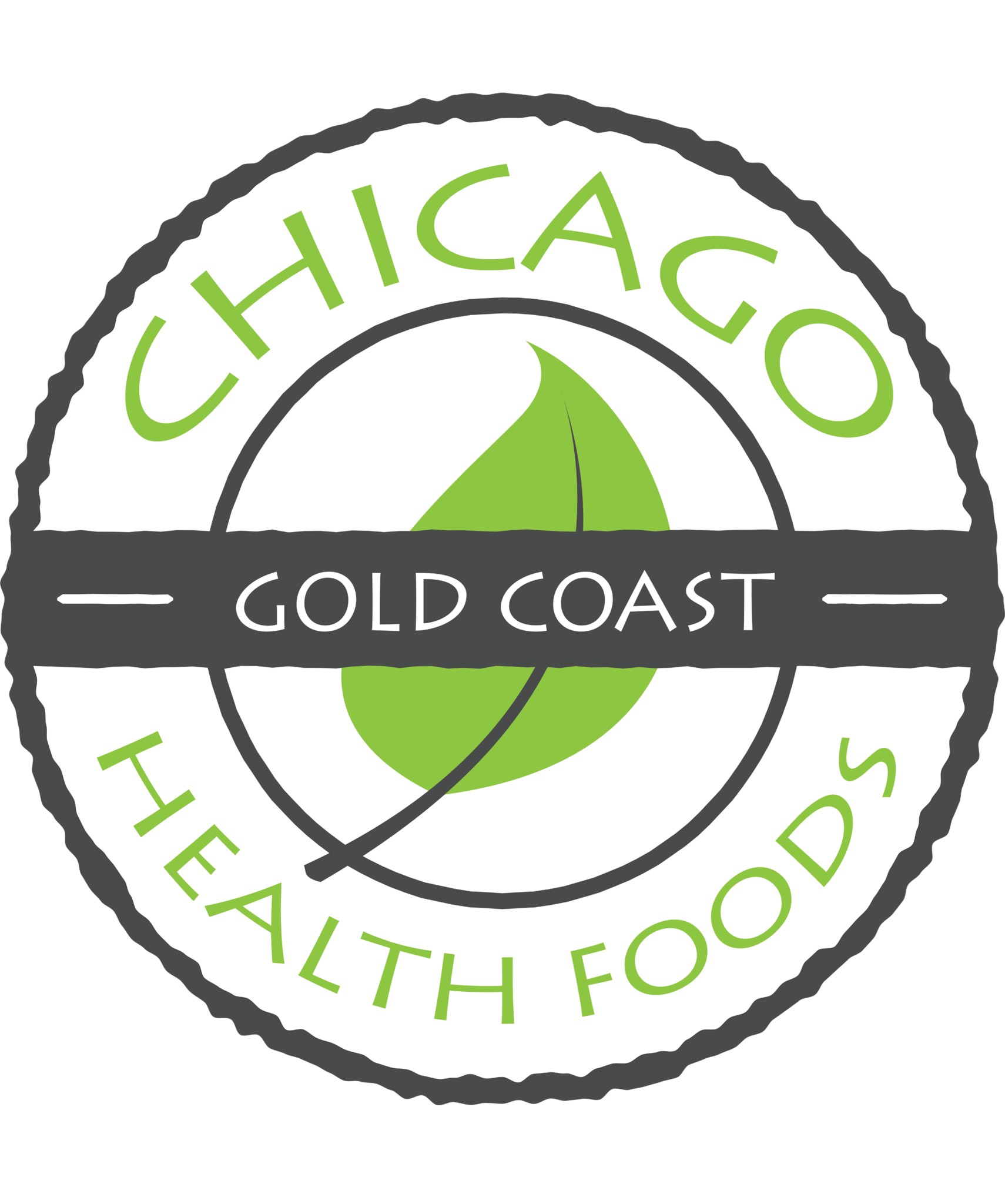
Treating Seasonal Allergy Symptoms Naturally
Beautiful weather is meant to be enjoyed, but it can be difficult to spend time outside when seasonal allergies strike. Research shows that as many as 30 percent of adults and 40 percent of children experience allergies, which equates to 50 million people in the United States. The most common outdoor allergens include pollen from trees (spring), weeds (fall) and grass (summer). Symptoms typically include sneezing, coughing, runny nose, itchy eyes and scratchy throat. In more serious cases, allergies can cause hives, rashes, low blood pressure, breathing issues and asthma attacks.
Though researchers continue to study allergies, there is no definitive explanation for why some people develop allergies and others don't. There appears to be a genetic component, and allergies are more common in those who live in an industrialized or urban area. Unfortunately, there is no cure for seasonal allergies, but there are many ways to manage the symptoms. Experiment with these four methods of naturally treating seasonal allergy symptoms to see what works best for you.
Adjust Your Diet
Certain foods make your body more sensitive to allergens, while others do just the opposite. Changing your diet could dramatically reduce seasonal allergy symptoms. First, avoid raw fruits and vegetables that are related to pollens that cause your allergies. For example, watermelon and cantaloupe can affect individuals who are allergic to ragweed. You may also wish to avoid dairy products, which stimulate mucus production.
Add organic, unfiltered apple cider vinegar to your diet to reduce mucus production and cleanse the lymphatic system. Simply mix a teaspoon of the vinegar into a glass of water three times a day. Many individuals have also noticed significant improvement in their symptoms when they eat local honey every day. Patronize farmer's markets to find raw, unprocessed honey made close to your home, and enjoy at least a teaspoon a day.
Try Nutritional Supplements
| Nutritional supplements are often effective in reducing allergy symptoms, because they work with your body to build up natural immunities. There are also supplements that combine several plant extracts to maximize effectiveness. Ingredients may include stinging nettles, feverfew leaf, turmeric and ginger. Aller-7 Support is our best selling allergy formula. The comprehensive vitamin and herb formula that works by building your resistance to a wide range of allergens: from pets to seasonal allergies such as mold, yeast and pollen. |  |
Use Essential Oils
There are a number of essential oils that have specific application to allergy relief, including peppermint, lemon and lavender. These should be diffused in your home to cleanse the air and reduce pollens. Eucalyptus is an excellent topical remedy for allergic symptoms. Dilute in a carrier oil and apply to your chest and neck or the bottoms of your feet. You may also wish to add a few drops when you bathe, so that you can breathe in the aromatic benefits.
Consider Lifestyle Changes
It is hard to avoid pollen altogether, but it is possible to limit outdoor activity during periods of peak pollen count. These include the evening hours in the spring and early summer, as well as the morning hours in the late summer and fall. Pollen counts are also high just after rainfall and on particularly windy days. During these times, you may wish to stay inside with the windows and doors closed to avoid exposure. When you do spend time outside, clear off the pollen as soon as you come in. Take a shower, wash your hair and change your clothes to ensure minimal pollen in your home.
No one wants to be stuck inside when the weather is warm and adventures beckon from the great outdoors, but heavy doses of allergy medication are not always an ideal solution. Try these four natural methods of treating seasonal allergy symptoms, so you can experience relief quickly.
